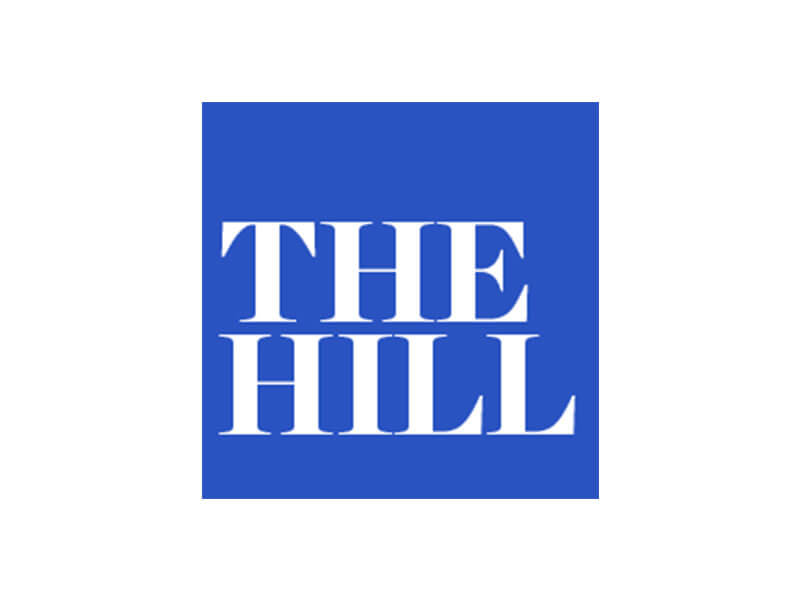Media Mentions: August 2022
July 2022 August 2022 September 2022
-
Gender-diverse teams produce more novel, higher-impact scientific discoveries, study shows
August 30, 2022
New research from the University of Notre Dame examines about 6.6 million papers published across the medical sciences since 2000 and reveals that a team’s gender balance is an under-recognized, yet powerful indicator of novel and impactful scientific discoveries.
Originally published at news.nd.edu.
-
Snoozing your alarm raises risk of dangerous health problem
August 29, 2022
The University of Notre Dame study also found snoozers were more likely to spend the last hour before waking in a light sleep, constantly being buzzed by their alarm.
Originally published at news.nd.edu.
-
Thom Browne Joins Notre Dame as an Artist in Residence, and Other News
August 29, 2022
Thom Browne joins his alma mater University of Notre Dame as an artist in residence.
Originally published at news.nd.edu.
-
Hitting the snooze button linked to unhealthy higher heart rate
August 28, 2022
Researchers from the University of Notre Dame in the US have found that people who wake up after multiple alarms are more likely to have a higher heart rate than those who get out of bed after just one.
Originally published at news.nd.edu.
-

Daily Mail
You snooze, you lose: As six in ten of us hit snooze button, research finds spending that extra time in bed could lead to health problems
August 27, 2022
Researchers from the University of Notre Dame in the United States also discovered that snoozers were more likely to spend the last hour before waking in a light sleep, compared to the deeper slumber enjoyed by non-snoozers.
Originally published at news.nd.edu.
-
Indiana Research Universities Study PFAS Problem as Feds Move to Limit Contamination
August 24, 2022
University of Notre Dame researchers, like professor of chemistry and biochemistry Graham Peaslee, have found PFAS chemicals in fast food packaging, firefighter turnout gear and cosmetics.
Originally published at news.nd.edu.
-

The Hill
Lead exposure in racially segregated housing lowers reading scores among Black children: study
August 17, 2022
“In the midst of our country’s racial reckoning, we must work harder to understand and ultimately act on the deep effects that environmental justice and structural racism have on our country and our communities,” added co-author Marie Lynn Miranda, director of the CEHI and professor of applied and computational mathematics and statistics at the University of Notre Dame.
Originally published at news.nd.edu.
-

Inside Indiana Business
Notre Dame, Purdue help launch microchip network
August 16, 2022
The University of Notre Dame is part of one effort with the creation of a 12-member network of research universities, including Purdue.
Originally published at news.nd.edu.
-

Inside Indiana Business
Notre Dame’s growing role in biomedicine
August 08, 2022
For the second straight year, the University of Notre Dame is celebrating a record-breaking year of research funding, bringing in $22 million more than the previous fiscal year.
Originally published at news.nd.edu.
-
Women have always trailed men in research output: how COVID made the situation worse
August 08, 2022
Written by Patrizio Piraino, Armand Bam and Cyrill Walters.
Originally published at news.nd.edu.
-

The Wall Street Journal
Consumers Lower Their Expectations of Future Inflation
August 08, 2022
Jason Reed, a professor at the University of Notre Dame, said food and gasoline prices are very visible and so have a large role in how consumers view the economy.
Originally published at news.nd.edu.
-
New Invention Restores Life-Saving Cells
August 05, 2022
In a study that will be published in the journal Communications Biology, bioengineers at the University of Notre Dame have now shown that a new approach may heal the injured stem cells and allow them to once again grow new tissues.
Originally published at news.nd.edu.
-

WSBT TV
Increased solar activity could have significant impact on Earth
August 03, 2022
“The starlink lost some satellites earlier this year because of some of the solar activity, so if we're disrupting those satellites, it can obviously impact our communications, if we have solar flares hitting the upper part of the atmosphere it can actually disrupt GPS signals that we use for positioning,” Jonathan Crass, Notre Dame Physics and Astronomy Assistant Research Professor.
Originally published at news.nd.edu.